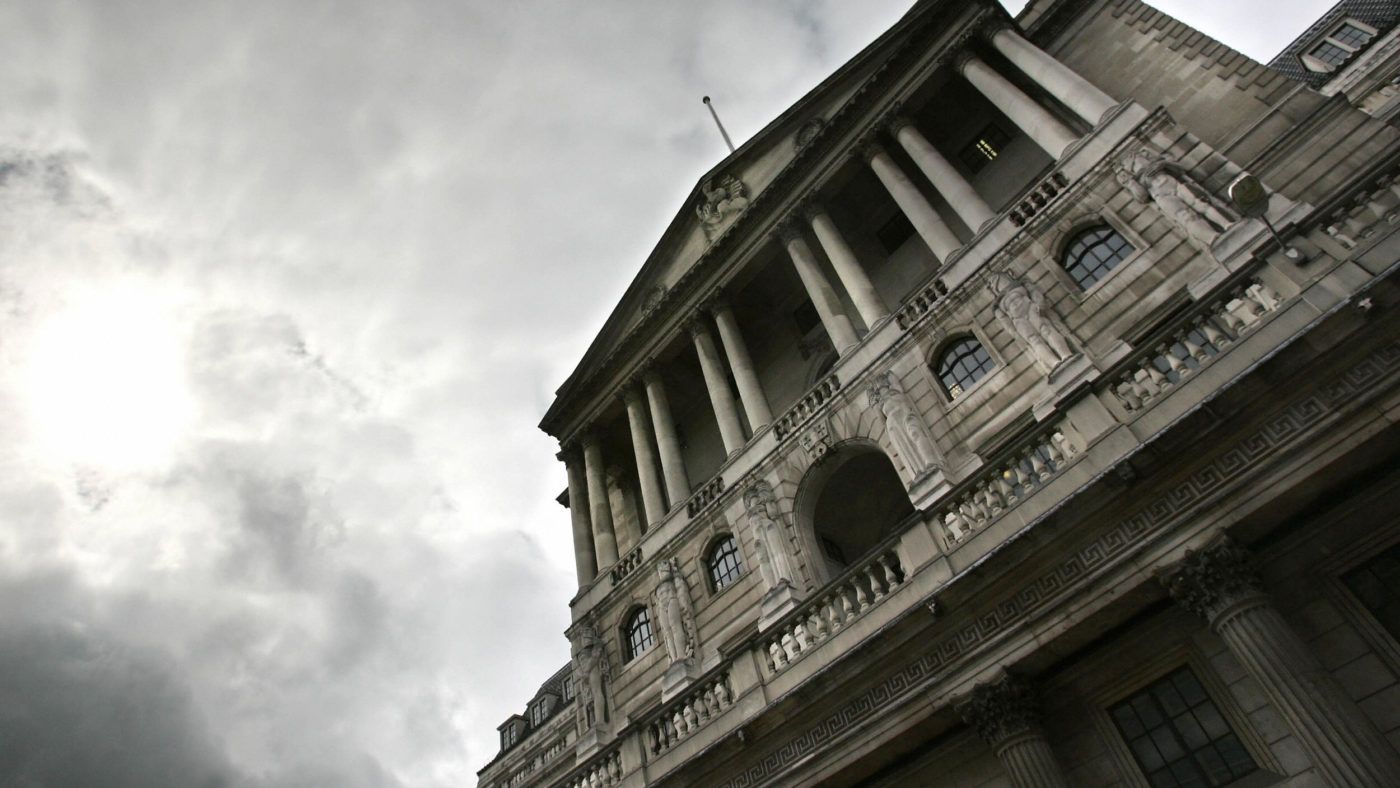British exceptionalism has been used to describe many things; stoicism in the face of adversity, a justification for Brexit – former prime minister Boris Johnson has even invoked the notion of British courage to honour the explorers who perished in the Titan submersible catastrophe last week.
Now the UK finds itself in an unenviable exceptional situation when it comes to rising prices. While most developed nations suffered sky-high inflation in the wake of the pandemic, it’s Britain – and Britain alone – where price pressures remain dangerously elevated.
Consumer price inflation remained at a stubbornly-high annual rate of 8.7% last month, after peaking at over 11% in October, well above the apex in America and Europe. And it’s been much stickier on the way down. US CPI ebbed to 4% in May while headline inflation slid to 6.1% in the eurozone. Even worse, UK core inflation, which strips out volatile food and energy prices, rose by 7.1% in May, the highest rate since 1992. Underlying inflation is actually on the way down in the big economies to Britain’s east and west.
There are a number of reasons for this – not least Brexit, perhaps the biggest test of British exceptionalism in modern times. Increased trade friction, particularly for produce, means that fresh food deliveries from warmer climates tended to be diverted to EU countries. And staff shortages at the lower-skilled end of the job spectrum have pushed up labour costs, a big determinant of inflation, at least according to the Bank of England.
And that leads to another example of British exceptionalism when it comes to elevated inflation; the declining credibility of the independent Bank of England.
To be fair, most central banks have lost some moral high ground during this bout of inflation. The term transitory was arguably the most overused word of 2021 in financial circles. Then came the excuse that monetary policy is a tool aimed at curbing demand, and can do little to alleviate price pressures stemming from supply shocks. And while a bit of humility is always welcome from public officials, Federal Reserve Chair Jerome Powell may have let down the side in the summer of 2022 when he told a conference that, ‘We understand better how little we understand about inflation.’
The Bank of England has arguably lost more credibility than most. Yes, the BoE began to raise interest rates months before the Fed and the European Central Bank implemented tighter monetary policy. But the Bank’s messaging has been woollier than others – until recently Governor Andrew Bailey’s public comments have lacked the ‘whatever it takes’ attitude successfully deployed by other central bankers over the past decade. As recently as May, minutes of the Monetary Policy Committee referred to bringing ‘forward the point at which recent rate increases would need to be reversed’.
But Bailey may have lost the confidence of the general public well before that. His call for workers to show ‘quite clear restraint’ in annual wage bargaining rounds back in early 2022 was widely ridiculed, suggesting that he was unaware of the hardships of the rising cost of living.
Bailey’s tin-eared comments landed at a time that central bankers have never been more visible. Until earlier this decade, rate setters tended to be rarely seen and almost never heard. When Alan Greenspan held the reins of the Federal Reserve, starting in 1987, changes in the benchmark Federal Funds rate weren’t even announced – dealers were forced to infer monetary policy movements based on the Fed’s open market operations.
With greater visibility comes greater scrutiny from both governments and the public. Witness Jeremy Hunt’s full-throated support for the Bank’s inflation-fighting efforts, which can also be seen as a reminder to voters that intense price pressures are the result of Bank missteps rather than faulty government policy.
The Bank insists that it’s immune to public pressure; Chief Economist Huw Pill has insisted that popularity has no sway when it comes to setting monetary policy. His stoicism is more important than ever, with just one in five Britons satisfied with the Bank’s inflation fighting performance, according to a BoE survey published earlier this month. That a central banker would even deploy the word popular is a bit concerning: rate setters should probably stay away from words beginning with P, like popular and panic.
The unexpected 50-basis point rise in Bank Rate last week was a step in the right direction, along with a pledge to tighten policy further in the face of future inflationary persistence. But the bank’s mettle will be tested further. The Bank spent most of 2022 blaming inflation on supply shocks, namely food and energy prices. But increasing prices for shelter are playing an ever-greater role in lifting inflation – rents rose by a record-high of 5.0% in May.
Further rate hikes could exacerbate the pressure from housing costs, while tipping a fragile UK economy into recession. That could restore some of the bank’s credibility, at least with financial markets, while further alienating the general public. It’s a good thing that Huw Pill doesn’t mind being unpopular.
Click here to subscribe to our daily briefing – the best pieces from CapX and across the web.
CapX depends on the generosity of its readers. If you value what we do, please consider making a donation.


